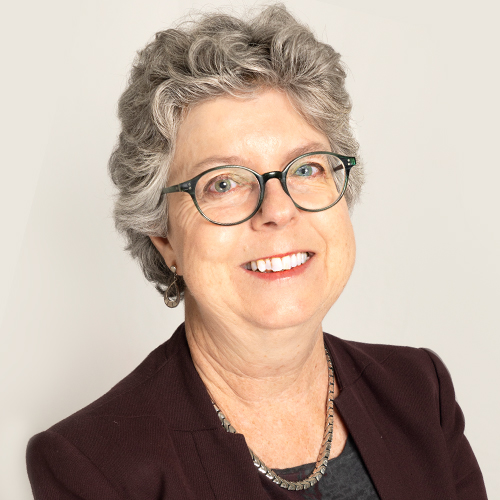 Family & Social Support Online Course(s) & Continuing Education
Family & Social Support Online Course(s) & Continuing Education
Access the latest clinical skills and research for Family & Social Support for Lactation & Breastfeeding professional training. These Family & Social Support online courses provide practice-changing skills and valuable perspectives from leading global experts. This Family & Social Support education has been accredited for a variety of CEUs / CERPs and can be accessed on-demand, at your own pace.
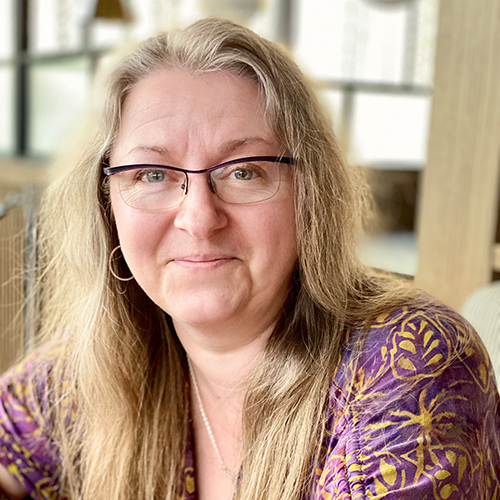
Care Plan Development for Weight Concerns in the Breastfed Infant: A Family Centred Approach

Shel works part time for the NHS in northwest England, and has four adolescents.
In addition to this, she runs a small private IBCLC practice specialising in the unsettled baby, those with faltering weight and those who are formula fed, and also holds a variety of consultant and trustee roles in various national and international organisations for advocacy and education around infant feeding; these include being Clinical Director for the breastfeeding support app AnyaHealth, being co-chair of Nursing Matters, an advocacy organisation for the breastfed infant, and being vice-chair of the UK Association for Milk Banking.
Shel has been on the development committee for 3 NICE guidelines including one on Faltering Growth, has co-authored 3 Cochrane systematic reviews, and written a book “Why Infant Formula Feeding Matters” (2022). In 2021 Shel began work towards a PhD in further understanding how best to support families with unsettled babies in universal services, which she conducts part time alongside her other commitments.
She teaches in person and online, both in her NHS role and in the consultant roles, and thoroughly enjoys sharing the knowledge she has acquired to improve the experience of families everywhere.
Understanding how to develop effective and supportive evidence-based care plans for babies whose weight and/or growth is faltering, is absolutely key to the toolkit of those who are working with breastfeeding babies. Find out more in this presentation.

View Details / Enroll


Duncan Fisher promotes and develops support for parents to advance child health and development. In the last year he has been working with breastfeeding researchers across the world and with the World Alliance for Breastfeeding Action to advance the idea of "breastfeeding as teamwork", following striking findings from research of the high gains from engaging with fathers and other family members. In UK he co-founded the Fatherhood Institute and for three years he served on the Board of the Government’s gender equality body, the Equal Opportunities Commission. He manages the website, FamilyIncluded.com, where all recent research on breastfeeding and fathers/families is reported. He initiated and currently manages a website for Cambridge and Princeton Universities reporting research on child welfare and development, ChildandFamilyBlog.com. He was awarded an OBE by the Queen in 2008 for his “services to children”. Duncan lives in Wales and divides his time between family work and work to support sustainable economic development in his home country.
Breastfeeding programmes that engage fathers are more effective than ones that only involve mothers and professionals. This accords with research that has shown that family is the main influence on breastfeeding. The way that families influence breastfeeding is diverse, depending on the make-up of the family, local culture and location (e.g. urban/rural). The influence of fathers is not necessarily intentional, but what fathers think and do influences the situation in almost every situation. In this presentation I will describe the principles of success that have been learned from programmes with published evaluations. These principles can be summed up in the phrase recently adopted by the World Alliance for Breastfeeding Action, "breastfeeding is teamwork".

It Takes a Village: Understanding the Role of and Integrating Extended Family in the 4th Trimester.

Rue Khosa, AKA The Boob Boss, is the owner/founder of The Perfect Push, a lactation and parenting wellness clinic in downtown Redmond. She is a board certified family nurse practitioner, lactation consultant and a THRIVE parenting educator. Rue was born and raised Zimbabwe, where family plays a critical role in supporting expectant and new parents. This type of communal caring, called “kugarira”, helps families prepare for a new baby both emotionally and physically and guides them through the often challenging newborn period. Rue created The Perfect Push to bring that experience to Seattle. Rue began her women’s health career as a labor and delivery nurse over 10 years ago, at Washington Hospital Centre in DC. She received her graduate degree from Georgetown University, and her undergraduate degree from the University of Maryland, Baltimore. Prior to opening her private practice, Rue was a Teaching Associate in the Department of Family Medicine at the University of Washington’s School of Medicine and an Adjunct Clinical Faculty at Northwest University Buntain School of Nursing. In July 2019, Rue was commissioned by the Mayor to the City of Redmond’s Human Services Commission. In February 2020, Rue was invited to join Washington State Hospital Association's Safe Delivery Roadmap Commission. She sits on their Birth Equity task force working on program development. She also sits on the board of No More Under, a non profit organization committed to drowning prevention and awareness. Outside of redefining the childbirth and parenting experience, Rue is a mother of two young boys with a third on the way. She lives in Redmond, WA with her husband, mother and boys.
American culture values self-sufficiency and celebrates self-sacrifice in the name of success. The idea of community and communal living is fast becoming a thing of the past. Children graduate, go off to college, start careers and families seldom looking back. Moving back home or moving back to one’s old neighborhood is now unheard of. The result has been the rise of the nuclear family and the fall of the generational knowledge that supported breastfeeding and identified new moms at risk of perinatal mood and anxiety disorders.
This talk will explore the importance of restoring and improving community and peer breastfeeding support and identifying barriers to success. Lactation providers will learn how to identify importance and the role extended family and how to include them without violating our patients privacy. Attendees will gain insight on health disparities and the historical significance of breastfeeding in communities of colors. Last but not least, the talk will highlight the importance of providing culturally sensitive and appropriate care.

View Details / Enroll

The Intersection Between Lactation, Sleep, and Family Well-Being

Joy MacTavish, MA, IBCLC, RLC is an International Board Certified Lactation Consultant and certified Holistic Sleep Coach focusing on the intersections of infant feeding, sleep, and family well-being. Through her business, Sound Beginnings, she provides compassionate and evidence-based support to families in the greater Seattle area, and virtually everywhere else. She entered the perinatal field in 2007 as birth and postpartum doula, and childbirth and parenting educator. Joy holds a Master of Arts in Cultural Studies, graduate certificate in Gender, Women and Sexuality Studies, and two Bachelors degrees from the University of Washington. She enjoys combining her academic background, analytical skills, and passion for social justice into her personal and professional endeavors. Joy serves as an Advisory Committee Member and guest speaker for the GOLD Lactation Academy. When not working or learning, she can be found homeschooling, building LEGO with her children, or dreaming up her next big adventure.
Topic: Full-Term Breastfeeding/Chestfeeding: Benefits, Considerations, and Ways to Offer Support - [View Abstract]
Topic: Mindful Breastfeeding: How Lactation Professionals Can Support Calm and Connection - [View Abstract]
Topic: Sending Reports: What’s in it for IBCLCs? - [View Abstract]
Topic: Supporting Clients Facing Fertility Treatment - [View Abstract]
Topic: The Intersection Between Lactation, Sleep, and Family Well-Being - [View Abstract]
Topic: Weaning: Supporting Families Stopping Lactation and/or Ending Their Breastfeeding/Chestfeeding Relationship - [View Abstract]
New parents often have questions and concerns about infant sleep, and the changes and challenges that go along with it. It is important to meet families where they are at the intersection between infant feeding, lactation, sleep, and family well-being. As lactation professionals, we can support them in gaining greater understanding of what to expect for infant sleep, as well as how to navigate challenges that may arise while working toward their lactation goals.
This presentation provides evidence-based information about common topics related to lactation and infant sleep. Participants will leave with an understanding of the key steps for how to integrate the management of infant sleep challenges into a lactation care plan. This includes 1.) a process for obtaining information about current sleep, and the variety of factors that may be impacting infant and parental sleep; 2.) elements to consider as a lactation care plan is created; and 3.) how to provide evidence-based information and resources in a compassionate manner that will allow informed decision-making about next steps toward their lactation and sleep goals. Incorporating this process into one’s practice will lead to more comprehensive care plans that take into account the realities and needs of the each family.
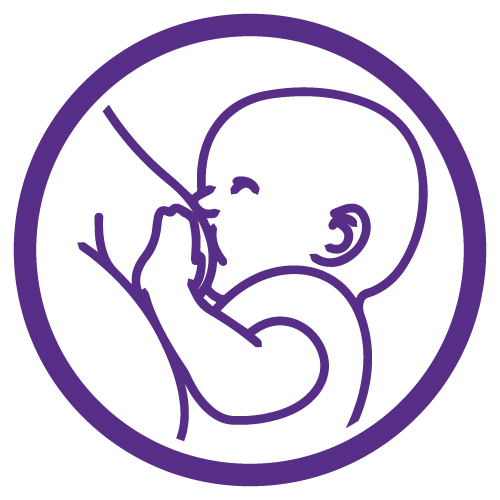
View Details / Enroll
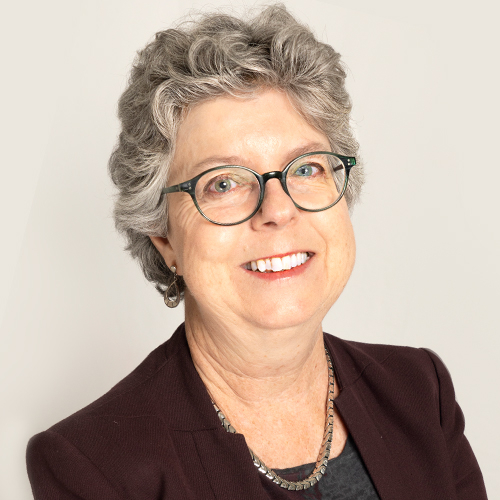
Urban Design Solutions to Support Breastfeeding in Public

Professor Lisa Amir is a general practitioner and has been an International Board Certified Lactation Consultant since 1989. She is the author of over 120 peer-reviewed articles on breastfeeding. She works in breastfeeding medicine at The Royal Women’s Hospital in Melbourne, Australia. She is a Principal Research Fellow at Judith Lumley Centre, La Trobe University and is the Editor-in-Chief of the open access journal, International Breastfeeding Journal.
Topic: Ethical Issues in the Use of Medications During Lactation - [View Abstract]
Topic: Taking a Lactation History: From Pregnancy to Postpartum and Beyond - [View Abstract]
Topic: Urban Design Solutions to Support Breastfeeding in Public - [View Abstract]
Some mothers find it challenging to breastfeed outside the home, and this may contribute to cessation of breastfeeding earlier than planned. To date, breastfeeding women have not been included in most public space designs, such as parks, shopping centres or public buildings. I worked with experts in planning and urban design to explore design features that invite or deter breastfeeding in public. We conducted interviews and focus groups with breastfeeding mothers in three local government areas in Victoria, Australia. We received input from over 80 mothers speaking five languages, as well as health professionals and council planning staff. Many participants reported avoiding breastfeeding in public spaces due to social expectations or physical comfort. Mothers reported that best spaces for breastfeeding were dignified, safe, comfortable, accessible, compatible with their other needs and responsibilities with a high level of amenity. Using these data, we developed design guidelines that outline how a range of everyday shared spaces could become breastfeeding-friendly as well as the optimal design characteristics for dedicated breastfeeding spaces.
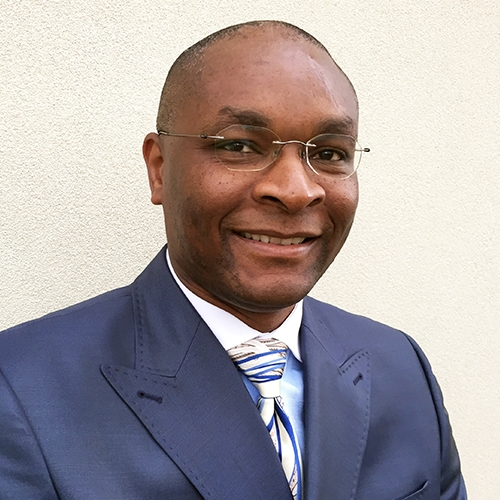
What Role Do Fathers’ Cultural Experiences Play in the Decision to Support Breastfeeding?

Muswamba Mwamba is a father of five breastfed children. An International Board-Certified Lactation Consultant, a public health practitioner, and a scholar; his research interests focus on immigrant health within the minority group in the context of the US health disparity. Muswamba helps mothers and babies obtain the best health outcomes by teaching and inspiring their partner/ father to fight to remove barriers that prevent successful breastfeeding. As a professor at the University of North Texas at Dallas, Muswamba disseminates clinical and non-clinical information to inform graduate students of significant developments and trends in the field of infant feeding.
Muswamba is a lifelong learner. He trained in Belgium, where he earned a bachelor's degree in agricultural engineering, a master's degree in human nutrition biochemistry, and a second master's degree in food science and technology. Witnessing striking disparity in his maternal and child health practice, he deepened his understanding of public health's complexity in the US and elsewhere. He earned a master's degree in Public Health at the University of North Texas and a doctoral degree in Public Health Executive Leadership from the University of North Carolina at Chapel Hill.
Male breastfeeding support is evidenced to influence breastfeeding behaviors. Fathers play a vital role in determining women's choice to breastfeed. Many studies regarding fathers' breastfeeding influence included participants from a variety of ethnic backgrounds. Only a few studies examined African American men's breastfeeding attitudes. Within the U.S. disparity context, Black African immigrant breastfeeding experiences have not been measured.
The social and cultural breastfeeding experiences of Congolese Immigrants compared to those of African Americans were explored, analyzed, and contrasted. In the immigrant study, the breastfeeding cultural practice's visibility enables the breastfeeding perceptions of Congolese fathers. They identify their Congolese origin as a warrant for breastfeeding decisions and practice. Breastfeeding is a natural process that does not require prior deliberations between expectant couples. Breastmilk is valued for its God-given virtues rather than its medical benefits.
In the cultural context of African American, family, and friends enable breastfeeding support perceptions. Personal experiences and knowledge of breastfeeding benefits are predictors of breastfeeding decisions. However, there is not a cultural, existential framework supporting breastfeeding.
This study's findings and recommendations guided the development of a dynamic African American men breastfeeding support toolkit designed to utilize existing public health structures.
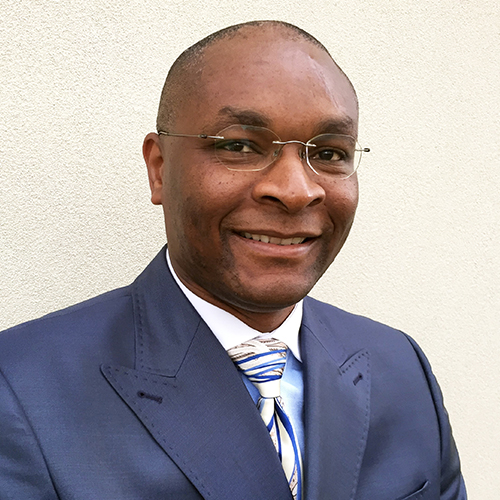
View Details / Enroll








